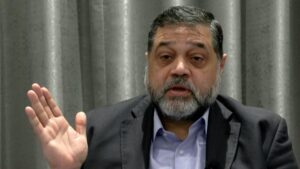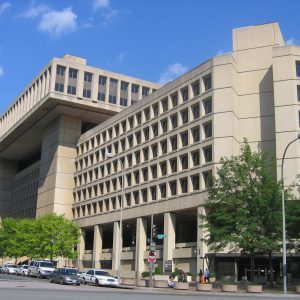Iraqi independent candidates have weak chances of winning local polls
BAGHDAD (AA): Iraqi independent candidates and new parties have little chance to win the local elections scheduled for the end of the year, according to political experts.
The Iraqi High Election Commission has announced that 270 political parties and blocs will participate in the local elections slated for December.
Provincial councils to be formed through local elections will have the authority to elect city governors, while district councils will have the power to elect district governors.
Local councils will also have the right to utilize the budget allocated to cities for projects of public services.
Al Nasr Coalition led by Haydar al-Abadi and National Wisdom Movement headed by Shia cleric Ammar al-Hakim run the election as an alliance. Both groups are a part of the Iran-backed Coordination Framework, an umbrella of Shiite groups, which is expected to be the frontrunner.
Meanwhile, former Premier Nouri al-Maliki, secretary-general of the Islamic Dawa Party, is reportedly not going to form an alliance with other political groups.
It is not yet clear whether Muqtada al-Sadr, who has a broad support base among the public, will participate in the local elections.
Al-Sadr won the most seats in the parliament by winning the general elections two years ago.
However, the popular leader later announced withdrawal from politics and had the lawmakers from his group resign.
The Takaddum Party coalition, led by Muhammed Halbusi, is one of the most important political blocs in regions with a predominantly Sunni population.
Other blocs that are preparing for local elections in Sunni regions are the Sovereignty Coalition headed by Khamis Al-Khanjar and al-Hasim Coalition, which includes Sunni leaders such as former Speaker of Parliament Osama al-Nujaifi and some incumbent cabinet members.
Advantage of traditional parties
Speaking to Anadolu, Ihssan Shamry, head of the Iraqi Political Thinking Center, said that the chance of success for independent candidates and newly formed parties in local elections will depend on the behavior of the voters on one hand, and on the strong and realistic promises and speech of these parties on the other.
“Traditional Shiite parties, which have held the important financial institutions of the state for years, will use these budgets in the local elections during the campaign period. The situation of the new parties will be difficult in the face of this situation,” he said.
Expressing his concern that independent candidates and new parties may face difficulties in the election process, Shamry said that these parties “cannot compete with traditional parties in terms of arms and finances.”
He said that political parties established after mass demonstrations in Iraq in 2019 and independent candidates should join blocs to increase their chances.
Political analyst A’id al-Hilali said al-Sadr’s supporters “strongly want to participate in local elections.”
In the protests against desecration incidents in Sweden, they gave the message to other political parties that they are still in the political scene.










